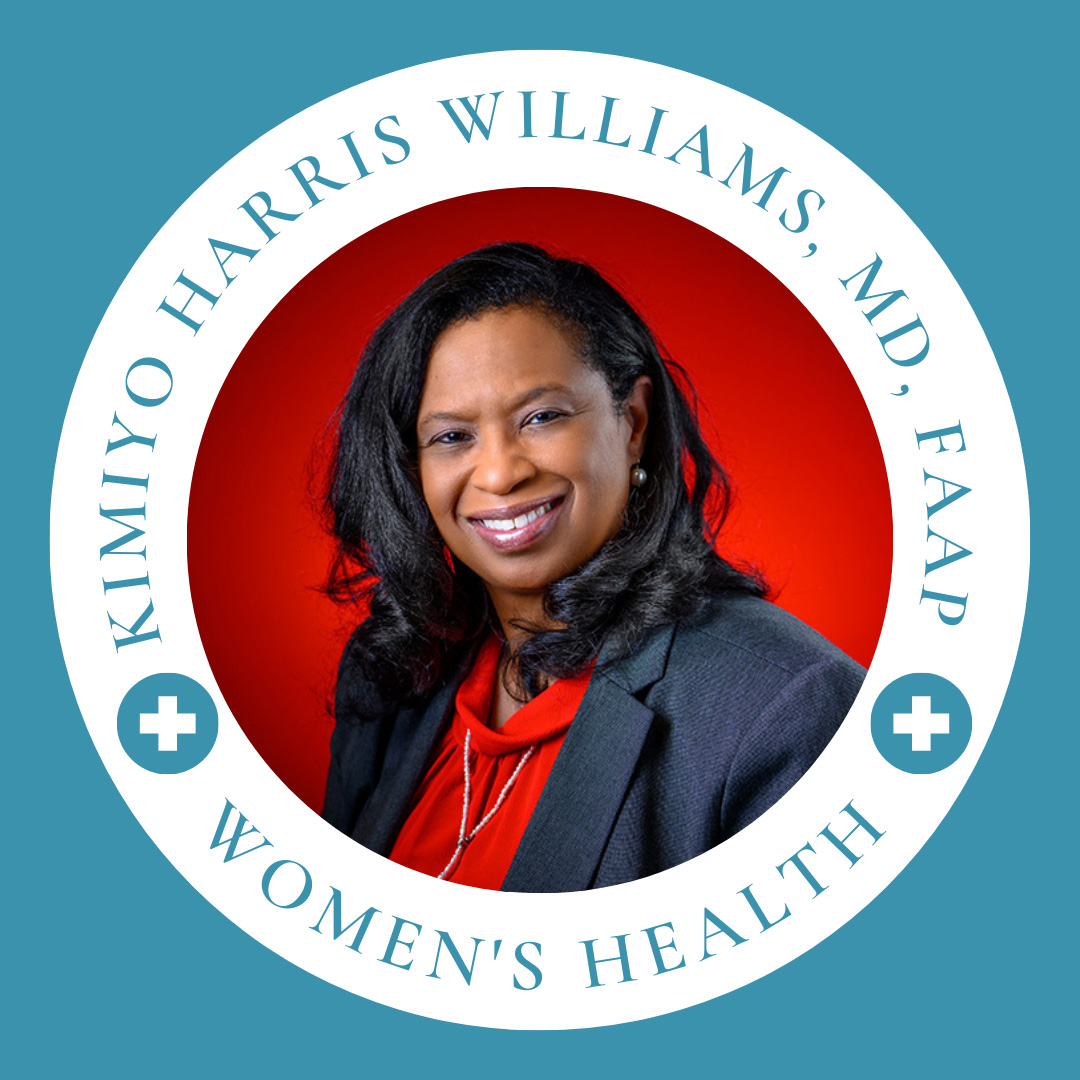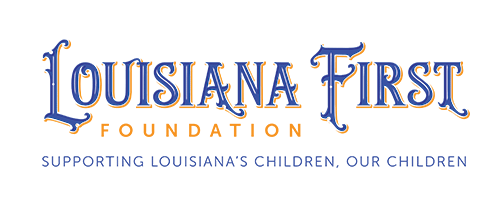Women’s Health
WOMEN'S HEALTH BLOG July 2023
Be Intentional and Informed About Women’s Health Screenings
Written by Kimiyo Harris Williams, MD, FAAP
As women, we are busy caring for our children, spouses or significant other, and or aging parents. This article is a “Sister to Sister” reminder to add regular health screenings to your “To Do” List. We should all visit our physician regularly for a wellness check even if you are feeling great. The US Preventive Services Task Force publishes a list of recommended screenings as a guide. Listed below are screening recommendations for women based on age.
BLOOD PRESSURE
Ages 18 to 39
Your blood pressure should be checked at least once every 3 to 5 years if:
- Your blood pressure is in the normal range (top number less than 120 mm Hg and bottom number less than 80 mm Hg)
- You don’t have risk factors for high blood pressure
Your blood pressure should be checked every year if any of the following are true:
Age 40-64
- The top number is 120 to 129 mm Hg or the bottom number is 70 to 79 mm Hg
- You have diabetes, heart disease, kidney problems, are overweight, or have certain other health conditions
- You have a first-degree relative with high blood pressure
- You are Black
- You had high blood pressure during a pregnancy
If the top number is 130 mm Hg or greater or the bottom number is 80 mm Hg or greater, this is considered stage 1 hypertension. Schedule an appointment with your provider to learn how you can reduce your blood pressure.
BREAST CANCER SCREENING
Ages 18 to 39
- Experts do not agree about the benefits of breast self-exams in finding breast cancer or saving lives. Talk to your provider about what is best for you.
- Screening mammogram is not recommended for most women under age 40.
Your provider may discuss and recommend mammograms, MRI scans, or ultrasounds if you have an increased risk for breast cancer, such as:
- A mother or sister who had breast cancer at a young age (most often starting screening earlier than the age the close relative was diagnosed)
- You carry a high-risk genetic marker
Ages 40 to 64
Screening mammogram is recommended for:
- Women ages 40 to 49 every 1 to 2 years. However, not all experts agree about the benefits of having a mammogram when women are in their 40s. Talk to your provider about what is best for you.
- Women ages 50 to 75 every 1 to 2 years, depending on their risk factors, to check for breast cancer.
- Women with a mother or sister who had breast cancer at a younger age should consider yearly mammograms. They should begin screening earlier than the age at which their youngest family member was diagnosed.
If you have other risk factors for breast cancer, your provider may recommend a MRI scan for screening.
CERVICAL CANCER SCREENING
Ages 18 to 64
Cervical cancer screening should start at age 21 years.
After the first test:
- Women ages 21 through 29 should have a Pap test every 3 years. HPV testing is not recommended for this age group.
- Women ages 30 through 65 should be screened with either a Pap test every 3 years, or the HPV test every 5 years, or both tests every 5 years (called “co-testing”).
- Women who have been treated for precancer (cervical dysplasia) should continue to have Pap tests for 20 years after treatment or until age 65, whichever is longer.
- If you have had your uterus and cervix removed (total hysterectomy), and you have not been diagnosed with cervical cancer, you may not need to have Pap smears.
CHOLESTEROL SCREENING
Cholesterol screening should begin at:
- Age 45 for women with no known risk factors for coronary heart disease
- Age 20 for women with known risk factors for coronary heart disease (Ages 18-39)
- Age 40 -45 for women with known risk factors for coronary heart disease (Ages 40-64)
Repeat cholesterol screening should take place:
- Every 5 years for women with normal cholesterol levels
- More often if changes occur in lifestyle (including weight gain and diet)
- More often if you have diabetes, heart disease, kidney problems, or certain other conditions
DIABETES SCREENING
You should be screened for diabetes starting at age 35 and then repeated every 3 years if you have no risk factors for diabetes.
Screening may need to start earlier and be repeated more often if you have other risk factors for diabetes such as:
- You have a first degree relative with diabetes.
- You are overweight or have obesity.
- You have high blood pressure, prediabetes, or a history of heart disease.
Screening for diabetes should be done if you are planning to become pregnant and you are overweight and have other risk factors such as high blood pressure.
These recommendations and additional screening guidelines are from the sources listed below.
Be intentional and Informed in your journey to wellness and good health my sisters.
“Self-love is Healthy Living.”
Sources: 1. https://medlineplus.gov/ency/article/007462.htm
2. https://medlineplus.gov/ency/article/007467.htm

About Kimiyo Harris Williams, MD, FAAP
Kimiyo Harris Williams, MD, FAAP is an Associate Professor of Clinical Pediatrics in the Division of Ambulatory Pediatrics & Adolescent Medicine at LSU School of Medicine in the Department of Pediatrics. Dr. Williams worked in the academic environment and General Pediatrics Private Practices. As a Physician Consultant, she serves as an expert medical and administrative resource for a large NIH research grant titled All of Us. The research program invites one million people across the U.S. to help build one of the most diverse health databases in history. Dr. Williams practices at the Tiger Care Academic Clinic at the Lakeside LCMC location in Metairie, Louisiana.

